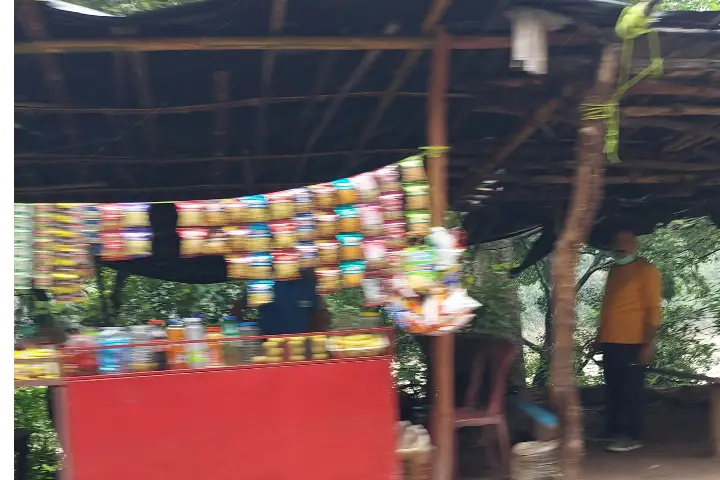

Have street vendors benefitted from the PM SVANidhi scheme? (Image courtesy: IN)
Consumption in India’s urban landscape has got a further boost with more than 66 lakh street vendors accessing the Prime Minister Street Vendor’s AatmaNirbhar Nidhi (PM SVANidhi) scheme, since its launch in July 2020. Of this more than 40 per cent are women beneficiaries.
While the micro credit facility of Rs 10,000, which serves as working capital has helped vendors expand their businesses and improve income levels, it has deepened financial inclusion and digitisation.
The loans though were not easy to avail for majority of the vendors due to lack of required documents, have been a game changer for millions.
“The scheme, which may otherwise seem innocuous, has had a significant impact on the lives of the people who can be categorised as poor and their consumption pattern,” a senior public sector bank executive told India Narrative. Though the amount of Rs 10,000 is not much for a vendor in the major cities but for those in smaller cities it is a sizeable amount.
The Centre has asked banks and local authorities to keep a close watch on the progress of the scheme. “The scheme has been a slow starter as banks were wary of rolling out such credit programme, there were challenges but now they are competing with each other to clock higher number of PM SVANidhi loans,” Rajesh, Advocacy Manager, National Association of Street Vendors of India (NASVI) told India Narrative. However, he added that the amount is insufficient to provide necessary support to vendors in the major cities due to higher cost of living.
In smaller cities, it has benefitted more.
The bank executive noted that such a loan scheme is bound to have challenges. “It was important to have a scheme in the first place,” he said.
A press statement released by the government revealed that in the last three months, states have successfully added more than 12 lakh new vendors– the highest ever. Many more are likely to be inducted in the next few months.
India has more than 10 million street vendors, as per the Periodic Survey of India data.
The Indian Institute of Management-Bangalore, in a study said that these necessity-entrepreneurs travel from rural to urban areas searching for economic opportunities. However, it also pointed out that despite high demand, the uncertainty in vending business driven due to poor infrastructure facilities at vending zones, confiscation of vendor’s merchandise by authorities, non-availability of formal lines of credit, inadequate social protection, illegal hafta collection rackets along with long working hours and lower income. Besides, low dignity of work also characterises these micro entrepreneurs.
Last year at the 16th meeting of NASVI, Minister for Housing and Urban Affairs, Hardeep Singh Puri noted that the vendors are the lifeline of the Indian society and that they are not encroachers but self-employed, contributing to build a ‘new India.’
Also read: Bank credit rises as economy picks up
Highlighting the use of indigenous platforms during Operation Sindoor, Chief of Defence Staff (CDS) General…
Congress MP Shashi Tharoor on Friday (local time) said that Colombia will issue a statement…
Minister for Electronics and Information Technology Ashwini Vaishnaw said on Friday that the government is…
Renowned human rights activist and political analyst Amjad Ayub Mirza has expressed a strong denunciation…
As was widely expected, the Indian economy grew by 6.5 per cent in real terms…
World No Tobacco Day, marked annually on 31 May, addresses a major public health challenge--the…